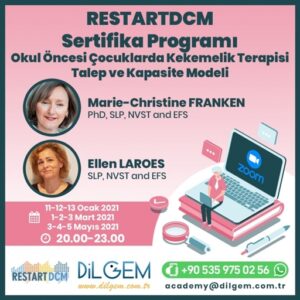Fostering Resilience in Trauma-Impacted Youth and Families
As many as one in four youth will experience a potentially traumatic exposure, and many of these will be multiple or prolonged. The impact of these stressors is far-reaching, and often repeats across generations as yesterday’s impacted children become tomorrow’s parents and caregivers. Establishing effective practice for this population is a priority, but is challenging, given their diverse histories, their varied presentations, the multifaceted contextual, cultural, and developmental influences which shape them, and the wide range of systems within which they seek care.
The Attachment, Regulation, and Competency (ARC) (Kinnibrugh & Blaustein, 2005; Blaustein & Kinniburgh, 2010, 2018) framework is a core-components treatment model, developed to provide a guiding framework for thoughtful clinical intervention with complexly traumatized youth and their caregiving systems. Drawing from the fields of trauma, attachment, and child development, the framework recognizes the importance of working with the child-in-context, of acknowledging the role of historical experiences and adaptive responses in current presentation, and of intervening with the surrounding environment – whether primary caregivers or treatment system – to support and facilitate the child’s healthy growth and development. Rather than identify step-by-step intervention strategies, the framework identifies 8 core targets of intervention which rest on 3 foundational strategies, key skills/goals within each domain, developmental and cultural considerations, and potential applications across settings.
In this workshop, we will examine the theoretical foundations underpinning this framework; build skills and knowledge in each identified treatment domain; and discuss case applications and considerations across contexts.





